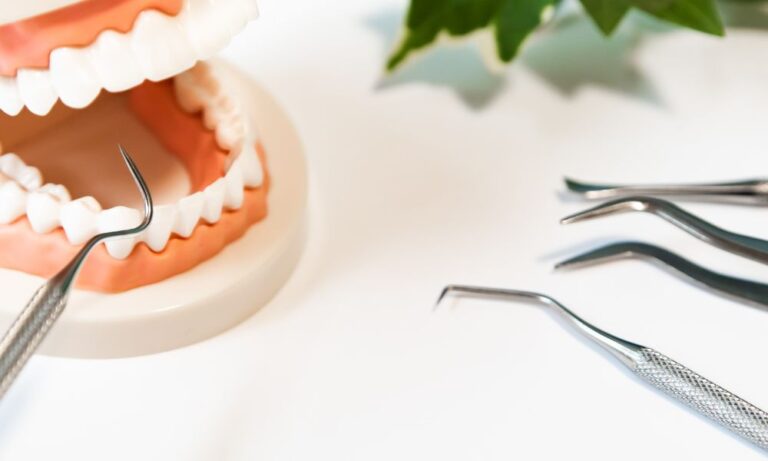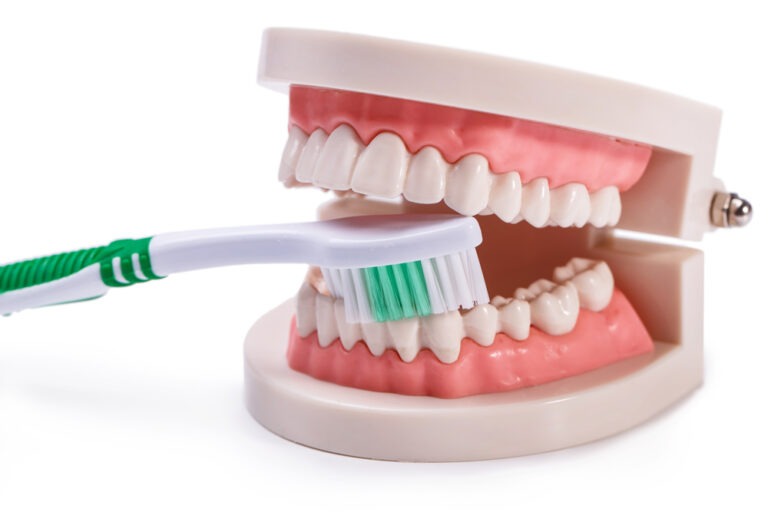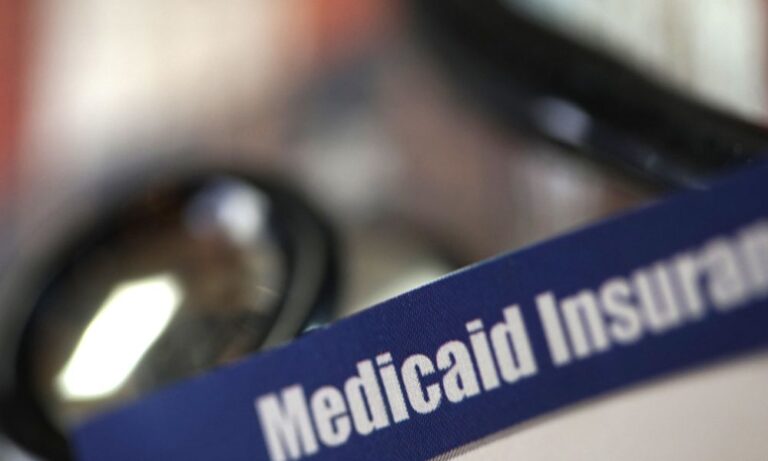The Comprehensive Guide to Understanding Medicaid and Periodontal Care
Good oral health is crucial for our overall well-being, and obtaining periodontal care is often a necessity rather than a choice. For many Americans, Medicaid serves as an essential source of healthcare assistance, but understanding how this program relates to periodontal care can be overwhelming. Our comprehensive guide aims to shed light on the basics of Medicaid and its connection to periodontal services.
In this guide, we will dive into essential aspects of Medicaid, such as eligibility requirements and the types of periodontal procedures covered by this program. We will also provide useful tips to help you navigate the process of obtaining periodontal care through Medicaid. By the end of this guide, you will have a strong foundation of knowledge regarding Medicaid and periodontal care, empowering you to make informed decisions about your oral health. So, let’s start this journey towards a healthier smile together.
Understanding Medicaid Eligibility and Coverage
To fully grasp the relationship between Medicaid and periodontal care, it’s crucial first to understand the basics of Medicaid. Medicaid is a state and federal government-funded health insurance program designed to provide low-income individuals and families with affordable healthcare. Each state operates its Medicaid program, and eligibility requirements vary depending on the state. However, common criteria include low income, limited resources, being pregnant or having children, being elderly, or having a disability.
To determine your eligibility, it’s essential to visit your state’s Medicaid website and review the specific criteria. If eligible, you’ll be able to apply for coverage directly through the website or by visiting a local Medicaid office. It’s important to note that coverage for dental services varies from state to state. In some cases, states may only offer limited dental coverage, while others may provide more comprehensive coverage for adults.
Linking Medicaid and Periodontal Services
Periodontal care encompasses various services aimed at preventing, diagnosing, and treating gum diseases. These diseases often begin as gingivitis, a milder form of gum disease, which can progress to periodontitis without proper intervention. Periodontitis is a severe gum infection that damages the soft tissue and destroys the bone supporting your teeth. It can ultimately lead to tooth loss if left untreated and even cause significant health complications, such as increased risk of heart diseases and stroke.
Medicaid typically covers various periodontal services, but the extent of coverage will depend on your state’s specific Medicaid program. Generally, Medicaid may cover:
- Preventative Care Services: These services aim to maintain gum health and prevent the onset of gum diseases. They may include dental checkups, cleanings, fluoride treatments, dental sealants, and patient education on proper oral care.
- Diagnostic Services: These services help dentists identify gum diseases and other oral health issues in their early stages. They may include periodontal exams, dental X-rays, and periodontal measurements.
- Treatment Services: When gum disease is present, Medicaid may cover essential treatment services such as scaling and root planing (deep cleaning), gum surgery, and tooth extractions if necessary.
- Maintenance Services: Once periodontal treatments are completed, Medicaid may also cover ongoing maintenance services such as regular dental cleanings and periodontal maintenance treatments.
However, it’s essential to remember that not all periodontal services are covered under Medicaid, and coverage can vary significantly from one state to another. It’s crucial to discuss your individual coverage with both your periodontist and your state Medicaid agency.
The Significance of Medicaid Coverage for Periodontal Treatments
Obtaining Medicaid coverage for periodontal treatments can have significant positive impacts on an individual’s overall health. According to a study conducted by the University of Maryland School of Dentistry, patients who received regular preventive dental care under Medicaid enjoyed a 23% decrease in their risk of developing periodontal disease. Furthermore, early intervention and consistent maintenance can help prevent tooth loss and other complications associated with periodontal diseases.
Integrating Medicaid into Your Periodontal Care Plan
To maximize the benefits of Medicaid and ensure you receive appropriate periodontal care, it’s vital to develop a proactive care plan in partnership with your periodontist. Here are some essential steps to integrate Medicaid into your periodontal care plan:
- Find a Periodontist: Locate a periodontist that accepts Medicaid to ensure compatibility with your current insurance plan. You can use your state’s Medicaid website or search for providers through the American Dental Association’s provider search tool.
- Schedule Regular Appointments: Regular visits to your periodontist enable early detection and treatment of any potential periodontal issues. Work with your periodontist to schedule regular appointments based on your individual needs.
- Understand Your Coverage: Get familiar with the specific periodontal services covered by your state’s Medicaid program and be aware of any coverage limitations or restrictions.
- Communicate Openly: Make sure to discuss your Medicaid coverage with your periodontist, as they can recommend appropriate treatment plans based on your insurance plan and help coordinate your care.
Tips for Navigating the Medicaid Application Process
Successfully navigating the Medicaid application process can feel overwhelming, but here are a few tips to simplify the process:
- Gather Necessary Documentation: Before you apply, gather all required documents such as proof of income, identification cards, and proof of residency.
- Research Medicaid Programs: Research your state’s Medicaid programs to determine which one you qualify for and understand the specific periodontal services covered.
- Consult with Your Periodontist: Talk to your periodontist about your plan to apply for Medicaid. They may be able to provide valuable insight or advice based on their experience with the program.
- Be Prepared for Potential Denials: If your application is denied, don’t get discouraged. Many applicants need to submit multiple applications before they are approved. Consult with your periodontist on other financing options in case Medicaid is not an option for you.
By understanding the basics of Medicaid and its relationship with periodontal care, you can make informed decisions and take proactive steps to protect and maintain your oral health.
Conclusion
Medicaid can be a valuable resource for individuals who require periodontal care but cannot afford it. Understanding Medicaid eligibility, coverage, and the link to periodontal services is crucial for maximizing the benefits of this program. By taking proactive steps, such as finding a periodontist who accepts Medicaid and developing a care plan, individuals can receive appropriate treatment and maintain good oral health.
At Dental Specialists of Southern Colorado, we strive to educate and provide comprehensive periodontal care to our patients. Our dedicated periodontist in Colorado Springs will work closely with you to create a personalized treatment plan that aligns with your Medicaid coverage, ensuring that you receive the best quality care within your budget. Don’t let financial constraints hinder your journey to optimal periodontal health. Contact us today to schedule an appointment and learn more about how our expert team can work with your Medicaid insurance plan to provide the necessary periodontal services for a healthier smile!

 header-logo
header-logo





